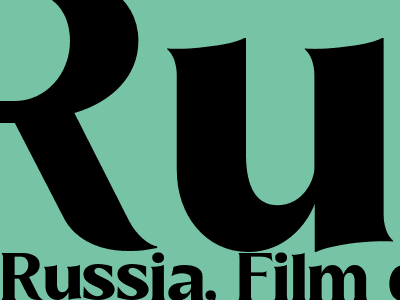
Russia Bans Disney Films
Russia's Ministry of Culture Bans Disney Film Distribution
Minister of Culture Olga Lyubimova Cites 'Distortion of Historical Facts'
In a recent announcement, Russia's Ministry of Culture, led by Minister Olga Lyubimova, imposed a ban on the distribution of Disney films in the country. The decision stems from Disney's alleged "distortion of historical facts" in its films.
Minister Lyubimova stated that the ban aims to protect Russian children from exposure to inaccurate historical portrayals. She emphasized the government's responsibility to ensure that young citizens receive a proper understanding of their country's history.
The Ministry's decision has sparked controversy, with critics arguing that it stifles artistic expression and limits access to diverse perspectives. However, the government maintains that it is acting in the best interests of Russian children and society.
Allegations of Historical Inaccuracy in Disney Films
The Ministry of Culture's ban stems from specific concerns about the historical accuracy of Disney films. Critics have pointed to the depiction of Russia in films such as "Anastasia" and "The Nutcracker and the Four Realms" as being particularly problematic.
These films, according to Russian officials, present a distorted view of Russian history and culture. Critics argue that they perpetuate stereotypes and fail to accurately portray the country's rich and complex past.
Impact on the Russian Film Industry
The ban on Disney films is expected to have a significant impact on the Russian film industry. Disney is one of the world's largest film studios, and its films are popular with audiences of all ages.
The ban is likely to reduce the availability of family-friendly films in Russia and may lead to a decline in box office revenue for theaters. It could also discourage other foreign film studios from distributing their films in Russia.
International Reaction
The Russian government's decision has drawn criticism from the international community. Many countries, including the United States and the United Kingdom, have expressed concern about the ban and its implications for free speech and artistic expression.
Critics argue that the ban is a form of censorship that restricts access to diverse perspectives and stifles creativity. They fear that it could set a dangerous precedent for other countries to follow.